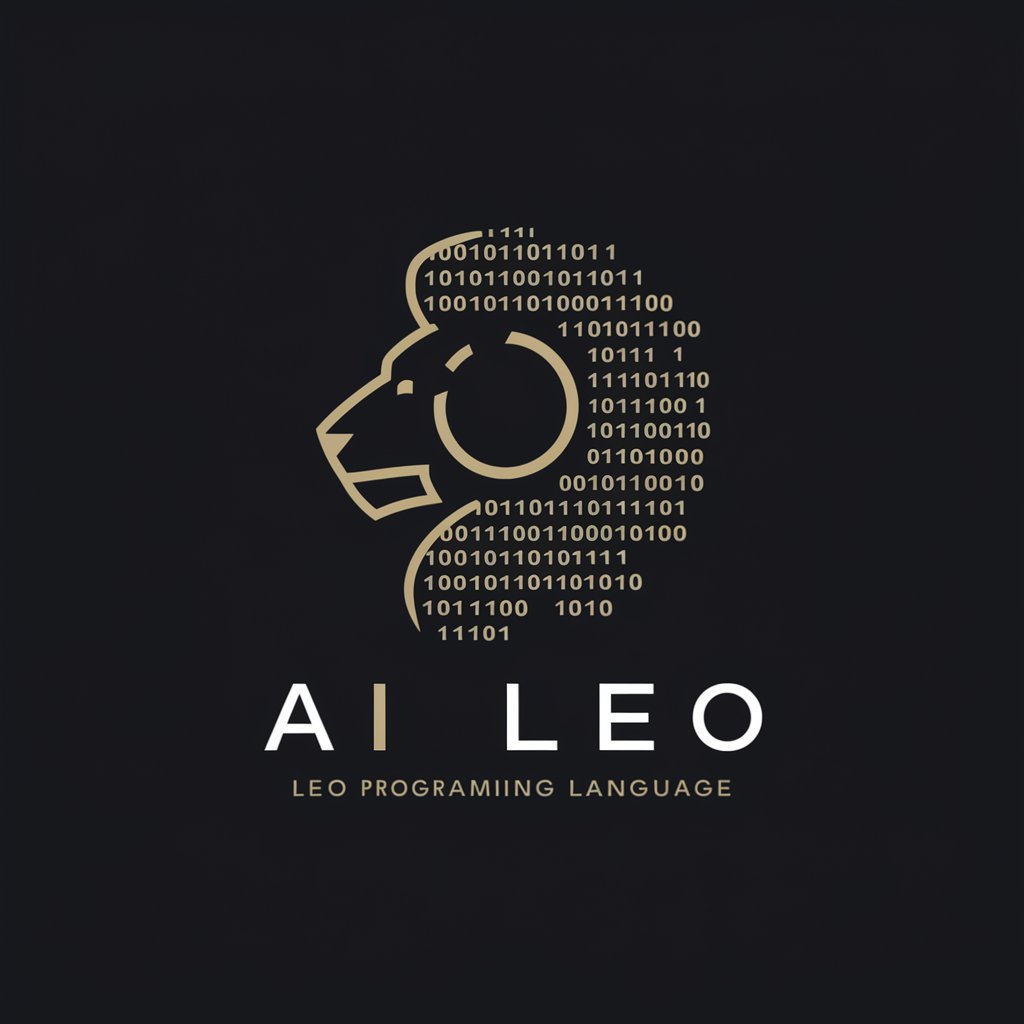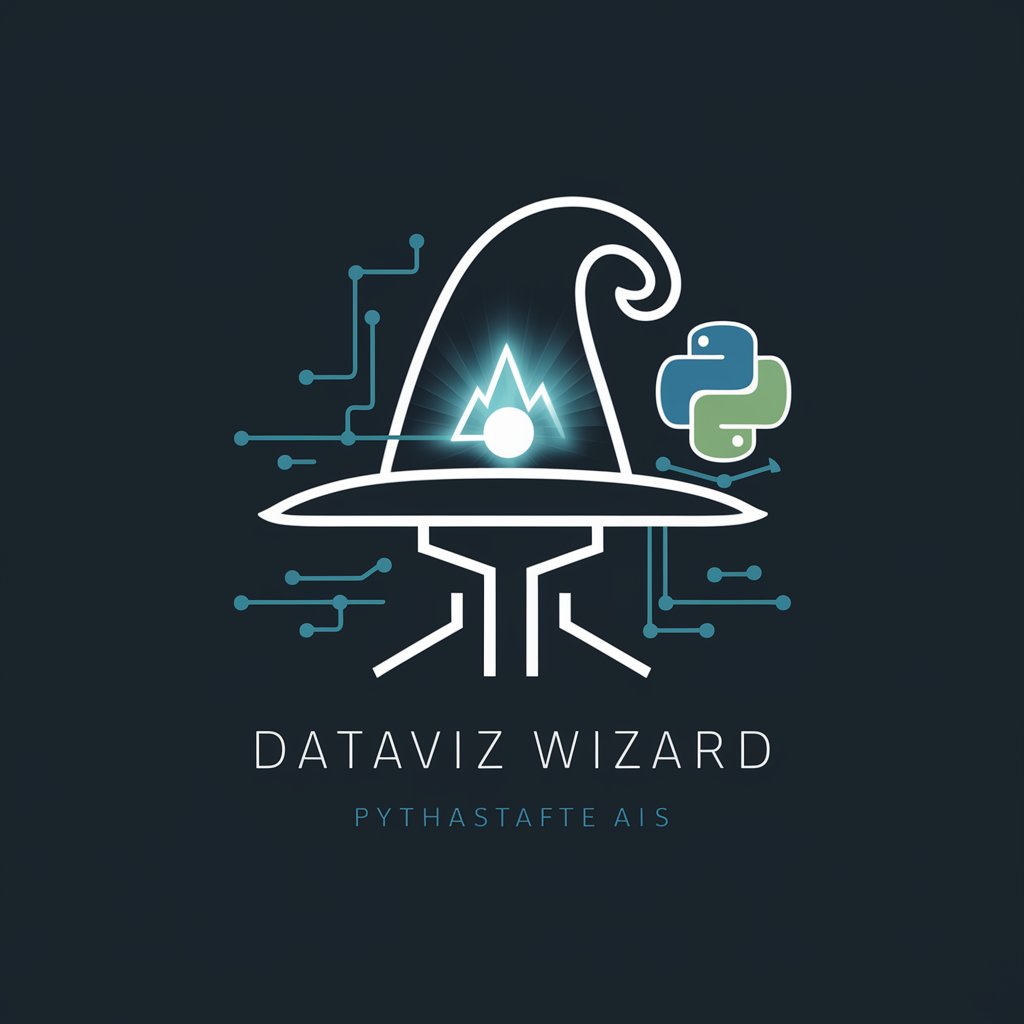The Leo Programming Language - Privacy-Focused Programming

Welcome! I'm your guide to mastering the Leo programming language.
Write private apps with zero-knowledge proofs
Explain how to get started with the Leo programming language.
Describe the main features of the Leo programming language.
Provide an example of a smart contract written in Leo.
What are the advantages of using Leo over other programming languages?
Get Embed Code
Introduction to The Leo Programming Language
The Leo Programming Language is designed for writing privacy-centric applications on the Aleo platform, focusing on zero-knowledge proofs (ZKPs) to ensure data privacy and security. It enables developers to build applications where users can interact with each other and with smart contracts without revealing any underlying personal data. Leo's syntax is user-friendly, allowing developers familiar with traditional programming languages to easily adopt it. Example scenarios include creating decentralized applications (dApps) that require user data to remain confidential, such as voting systems or financial transactions where the amount and parties involved are kept private. Powered by ChatGPT-4o。

Main Functions of The Leo Programming Language
Privacy-Preserving Computations
Example
Enabling voting systems where the votes are counted without revealing who voted for whom.
Scenario
In a decentralized voting application, Leo ensures that while the results of the vote can be verified by all participants, the individual votes of participants remain confidential.
Secure Financial Transactions
Example
Facilitating transactions where the amount transferred is hidden.
Scenario
In a financial dApp, Leo allows for the transfer of assets where the transaction amount is kept private from the public ledger while still ensuring the correctness of the transaction.
Data Validation Without Exposure
Example
Verifying user credentials without revealing the credentials themselves.
Scenario
Leo can be used in applications requiring users to prove they have certain qualifications or permissions without disclosing the actual information, enhancing privacy and security.
Ideal Users of The Leo Programming Language Services
Blockchain Developers
Developers looking to build dApps with a strong focus on user privacy and data security, especially in sectors like finance, healthcare, and public services.
Privacy Advocates
Individuals or organizations advocating for digital privacy, aiming to develop applications that guarantee user anonymity and data protection.
Research and Educational Institutions
Academics and researchers focusing on cryptography, blockchain technology, and secure computing, using Leo to experiment with and demonstrate zero-knowledge proofs and their applications.

Using The Leo Programming Language
Initial Step
For a hassle-free trial, head over to yeschat.ai and experience Leo without the need to sign up or subscribe to ChatGPT Plus.
Installation
Install the Leo CLI by following the installation guide, ensuring you have all the prerequisites such as Git and Rust installed on your machine.
Create a New Project
Use the command 'leo new your_project_name' to create a new Leo project with a structured directory.
Write Your Program
Develop your application by writing Leo code in the 'main.leo' file within the 'src' directory of your project.
Run Your Program
Compile and execute your Leo program using the 'leo run' command in your terminal to see the results.
Try other advanced and practical GPTs
Red Pill bot
Empowering masculinity with AI-driven advice.

Phone Expert
Empowering your phone choices with AI

!تعلم الفارسية معي
Master Farsi with AI-powered assistance

Escape from Looped Time
Unravel the secrets, escape the loop

Transfer Currency
Empowering Your Currency Transfers with AI

Business Japanese Teacher
Master Japanese Business Etiquette with AI

Pitch a VC (startup founder training)
AI-powered VC pitching simulator

My Safe Arbor Child Talk Emotional Support Buddy
AI-powered emotional and educational companion for children.

DataViz Wizard
AI-Powered Insights at Your Fingertips

SEO article fairy
Optimize content with AI-powered insights

Chemistry Imaginator
Visualizing Science Through Art and AI

Trusted Cybersecurity
Empower Your Cyber Resilience with AI

Q&A on The Leo Programming Language
What is The Leo Programming Language?
Leo is a functional, statically-typed programming language designed for writing private applications on the Aleo platform, enabling developers to write programs that compile into low-level Aleo Instructions.
How does Leo handle data privacy?
Leo employs zero-knowledge proofs to ensure data privacy, allowing computations to be verified without revealing any sensitive information about the inputs or the internal state of the program.
Can I use Leo for blockchain development?
Yes, Leo is specifically built for developing decentralized applications on the Aleo blockchain, facilitating the creation of private and secure smart contracts.
What types of data does Leo support?
Leo supports a variety of data types including booleans, integers (signed and unsigned), field elements, group elements, scalar elements, and more, catering to the needs of cryptographic computations and blockchain interactions.
How do I debug a Leo program?
While Leo's tooling is in active development, debugging can be initiated through careful testing and using the Leo CLI's feedback during compilation for error detection and correction.
